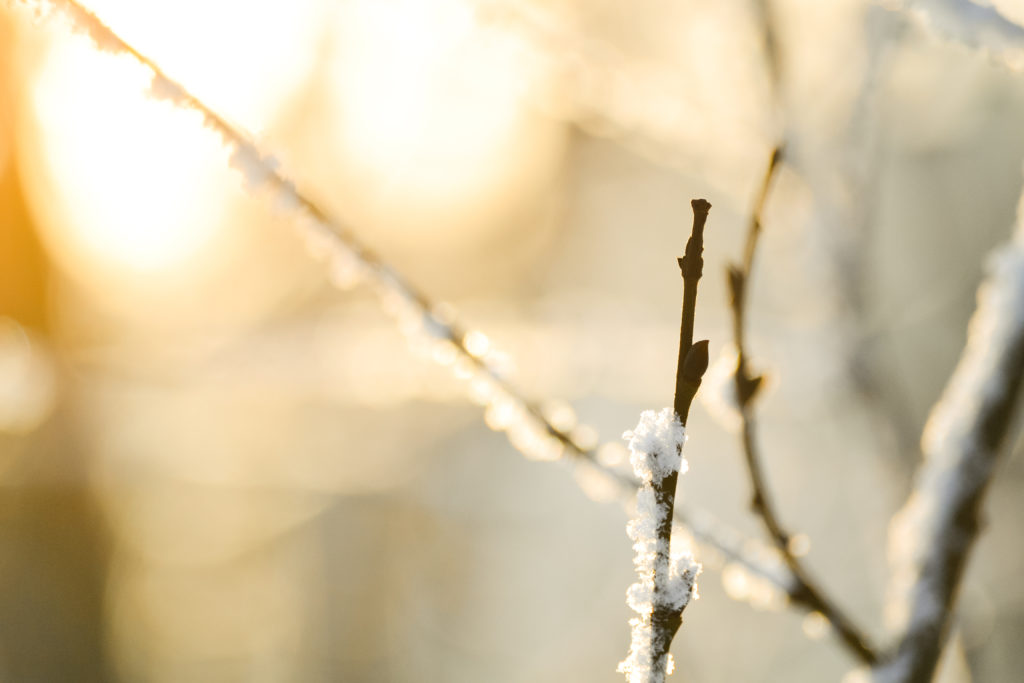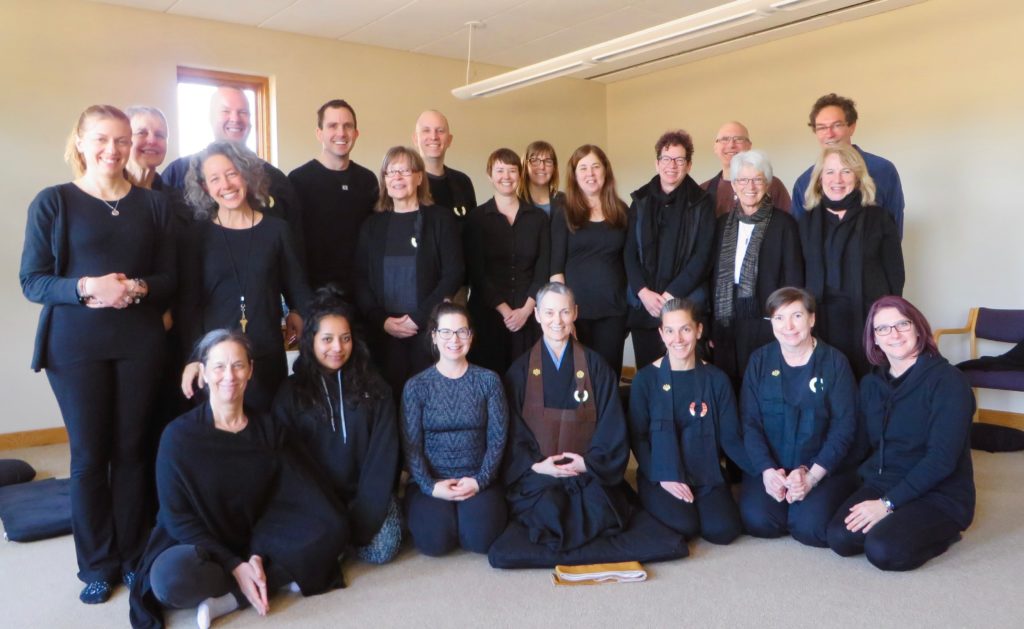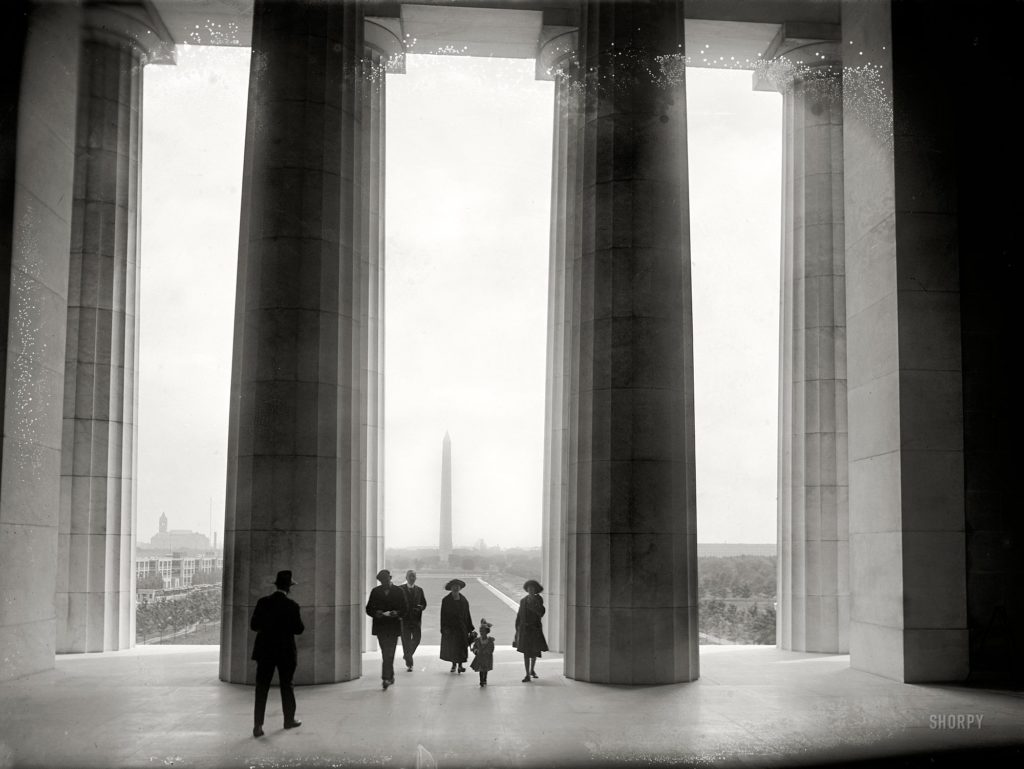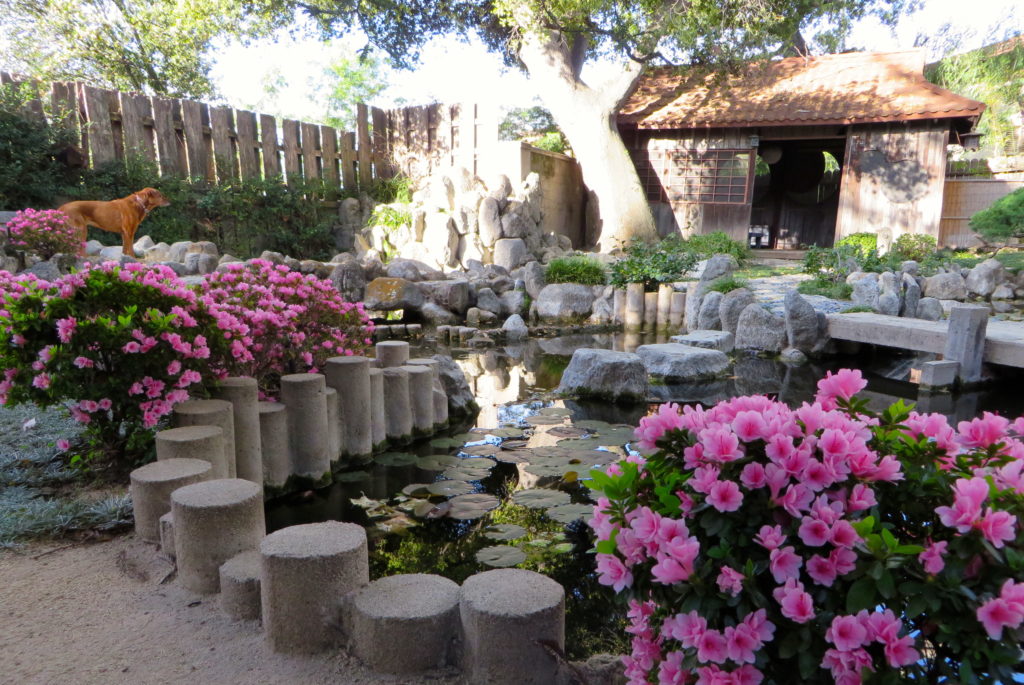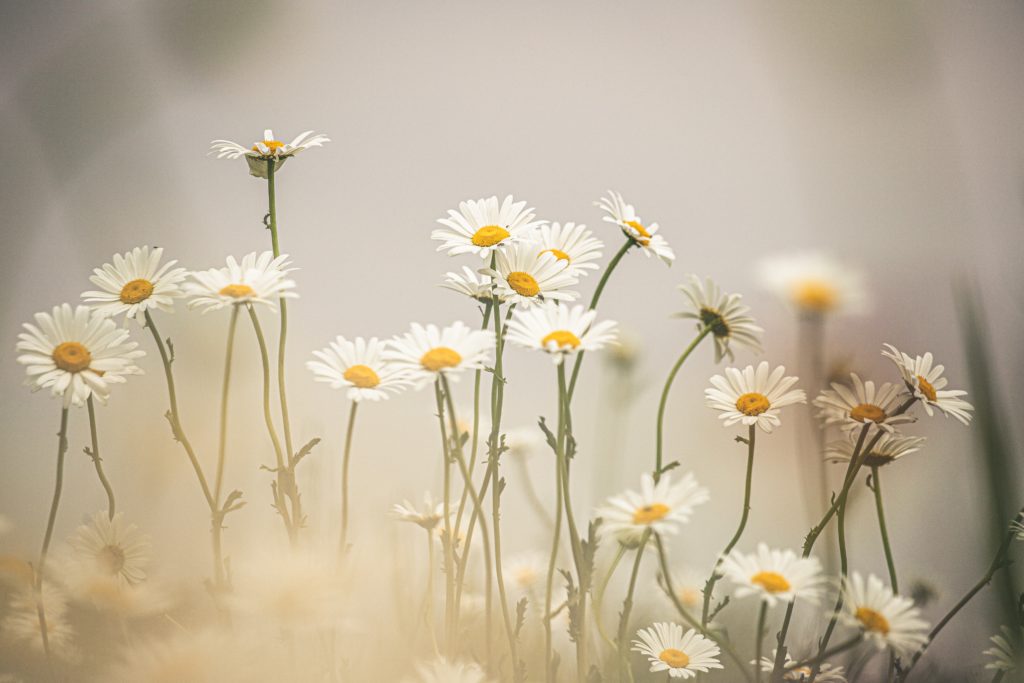
The other day I did something I don’t ever do. I sent an email to my best friend, asking her if there was a good time I could call. I really wanted to call her because I don’t ever call her. As much as I preach about staying in touch with others, I’m usually on the receiving end of someone else’s kind thoughts and selfless concerns.
At that instant, my phone rang. It was my friend. She said, “You won’t believe what just happened. I was typing an email to you when I got yours at the same time!”
I did believe it. This kind of thing actually happens a lot, although we might not notice. When we do notice we call it coincidence, serendipity or synchronicity; a fluke, an accident, a chance, all the ways we brush off events that defy the separation of time and space. We just think about someone and they appear. We just talk about something and it materializes. We need and then we miraculously get.
The fact is, there isn’t any separation in time or space. There isn’t any separation between any of us, or any time, or any place.
Obviously, this is not conventional wisdom, but it is wisdom. You can see it in the Buddhist or Hindu mandala, which diagrams the living reality of the universe; or in a wheel and its spokes; or in a daisy with its petals. Each of us is the center, the hub, the eye, of a circle containing everything and everyone else; a spontaneous infinitude of interconnections through all space and time.
Today, it’s a global pandemic, a contagion without boundaries or exemptions. More proof, as if we asked for it, that we’re all in this together. Now we can see for ourselves that little things make a big difference, and that Good Samaritans are strangers.
The other day I did something else I don’t ever do. I received an email from a friend inviting me to participate in a chain letter of sorts, a chain to exchange poems. I don’t do chain letters, and I have enough poems, thank you. But this came from a good friend at a time friends have never been so good. So just this once I participated without any expectation that anyone anywhere else would do likewise, or that I’d ever see any poems out of it.
Over the next few days, dozens of messages arrived. I’d open one to find a familiar verse, or more likely one I’d never seen before. They were poignant, masterful and sweet, delivered to me as gifts from people and places far beyond my knowing. Some came as photos taken from books or journals; one included a recipe for “comfort cookies.” Each was like a ray of warmth, a beam of light, a link in a chain of daisies springing up as if from nowhere.
This is our hope and blessing: each other.
Beannacht
by John O’Donohue
On the day when
The weight deadens
On your shoulders
And you stumble,
May the clay dance
To balance you.
And when your eyes
Freeze behind
The grey window
And the ghost of loss
Gets into you,
May a flock of colours,
Indigo, red, green
And azure blue,
Come to awaken in you
A meadow of delight.
When the canvas frays
In the currach of thought
And a stain of ocean
Blackens beneath you,
May there come across the waters
A path of yellow moonlight
To bring you safely home.
May the nourishment of the earth be yours,
May the clarity of light be yours,
May the fluency of the ocean be yours,
May the protection of the ancestors be yours.
And so may a slow
Wind work these words
Of love around you,
An invisible cloak
To mind your life.
from Echoes of Memory (Transworld Publishing, 2010)
Photo by Kristine Cinate on Unsplash

